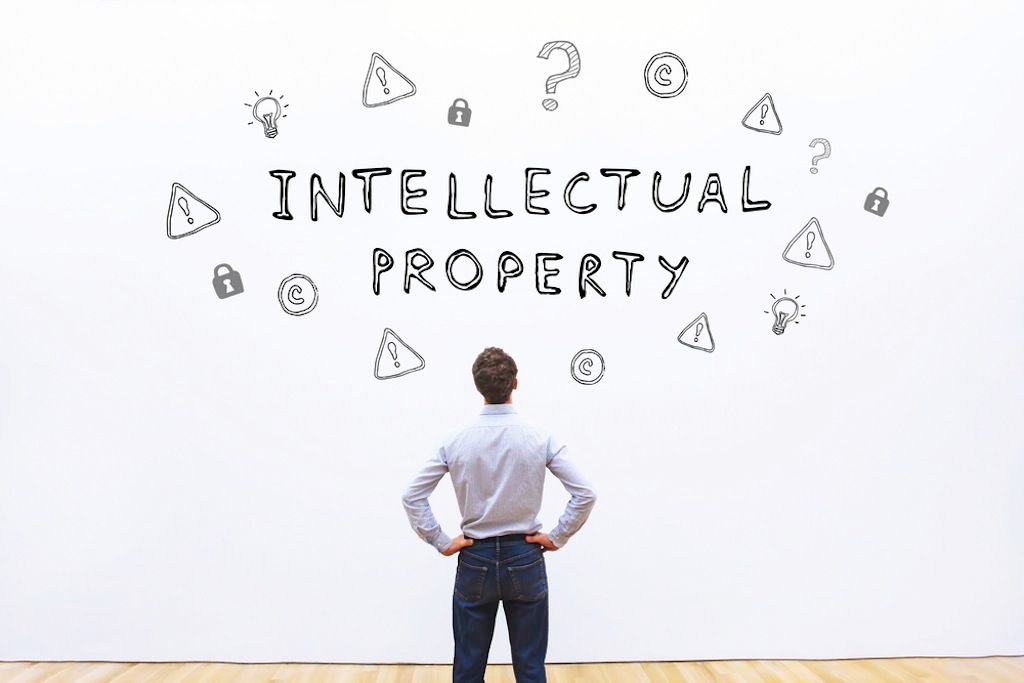With the passage of time and use, blockchain or "blockchain" technology has shown new capabilities. At the world of law has introduced important changesThe company has been able to optimize processes and considerably reduce the costs previously invested in these activities.
One of the most prized qualities of the blockchain is the distributive blockchain database system.This new form of storage, which does not allow its modification once the information has been published, makes it possible to safeguard information in blocks that are added to the chain. Thanks to this novel form of storage, which allows several people to manage the data, information can be stored in blocks that are added to the chain, connected to each other by codes and algorithms that make it impossible to modify what has already been recorded.
New options for managing intellectual property
This possibility generated in the "blockchain" technology"opens a new window for intellectual and industrial property in the registration, management, exploitation and monitoring of property rights, as it allows - among other actions - the automation of exclusivity rights and licenses on content protected by some intellectual legal resource.
The implementation of smart contracts is another tool that is seen as an important support in the management of intellectual property, taking into account that the participants of a registry in the book can use and write in the same chain. This ensures the automation of payment transfers in real time, related to remuneration rights in contracts of sale or reproduction of a work protected under intellectual property, leaving an indelible record of such economic operation.
Blockchain allows authors to safeguard their work in a book through a record protected by codes and algorithms. When stored there, the data cannot be modified or deleted, while the blockchain offers the issuance of a digital certificate of authenticity of the work, as well as a global access route to that copyrighted work. Given the benefits that blockchain offers in this area, the European Parliament evaluated its applications in the area of patents, considering that it could be used for the management and transfer of assets under a trust system, with the intention of eliminating the registries currently used in these areas.
Similarly, specialists have detected another possible use for the authenticity of products and the observance of manufacturing processes. This option is a guarantee to boost confidence in the brands that decide to be part of this system.
Despite all the benefits that could be reaped, this technology is not infallible. and requires multiple resources for processing. Some have pointed out that the immutability of the system can become a problem for intellectual property processes and merits that any management or management of intellectual property, based on blockchain, provides tools so that owners or authors can request modifications and transactions when the time comes.













